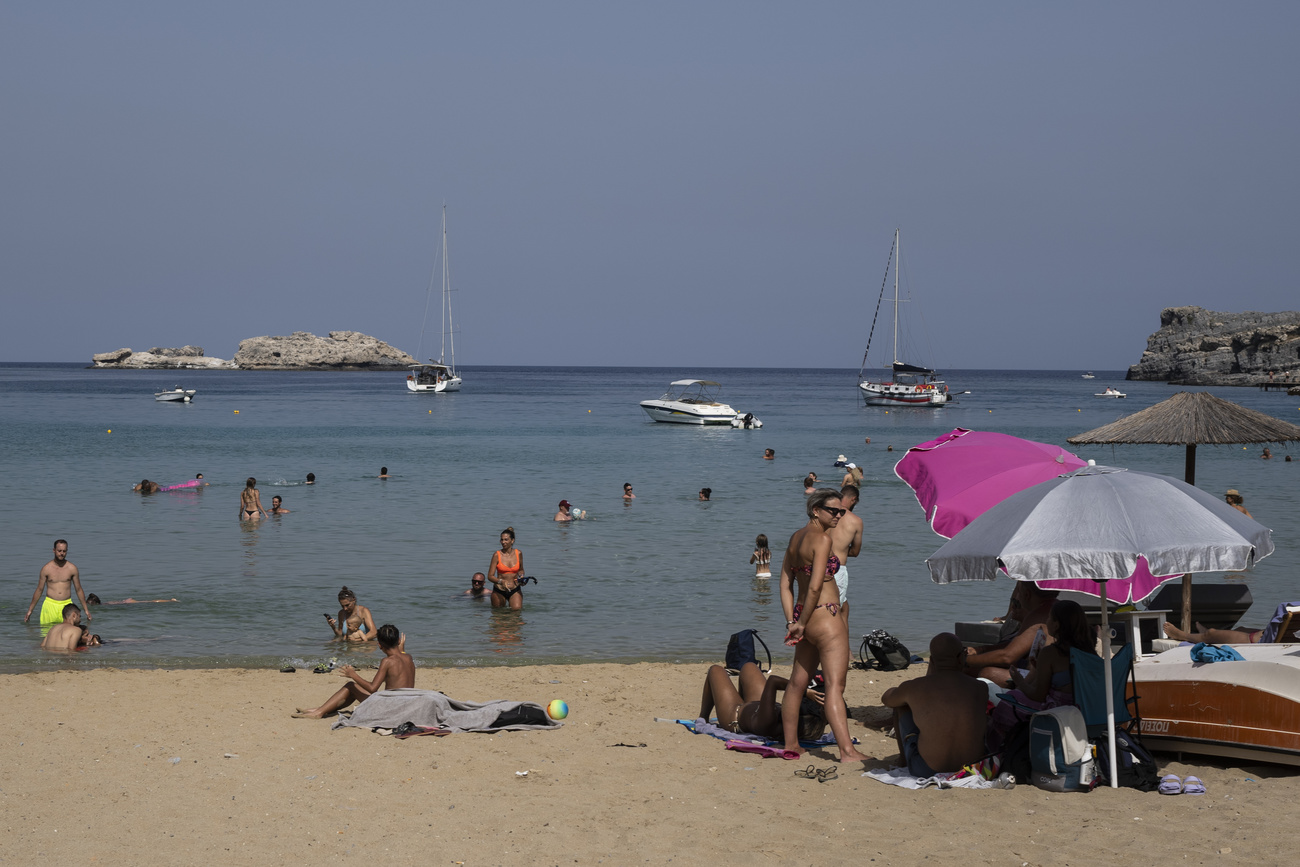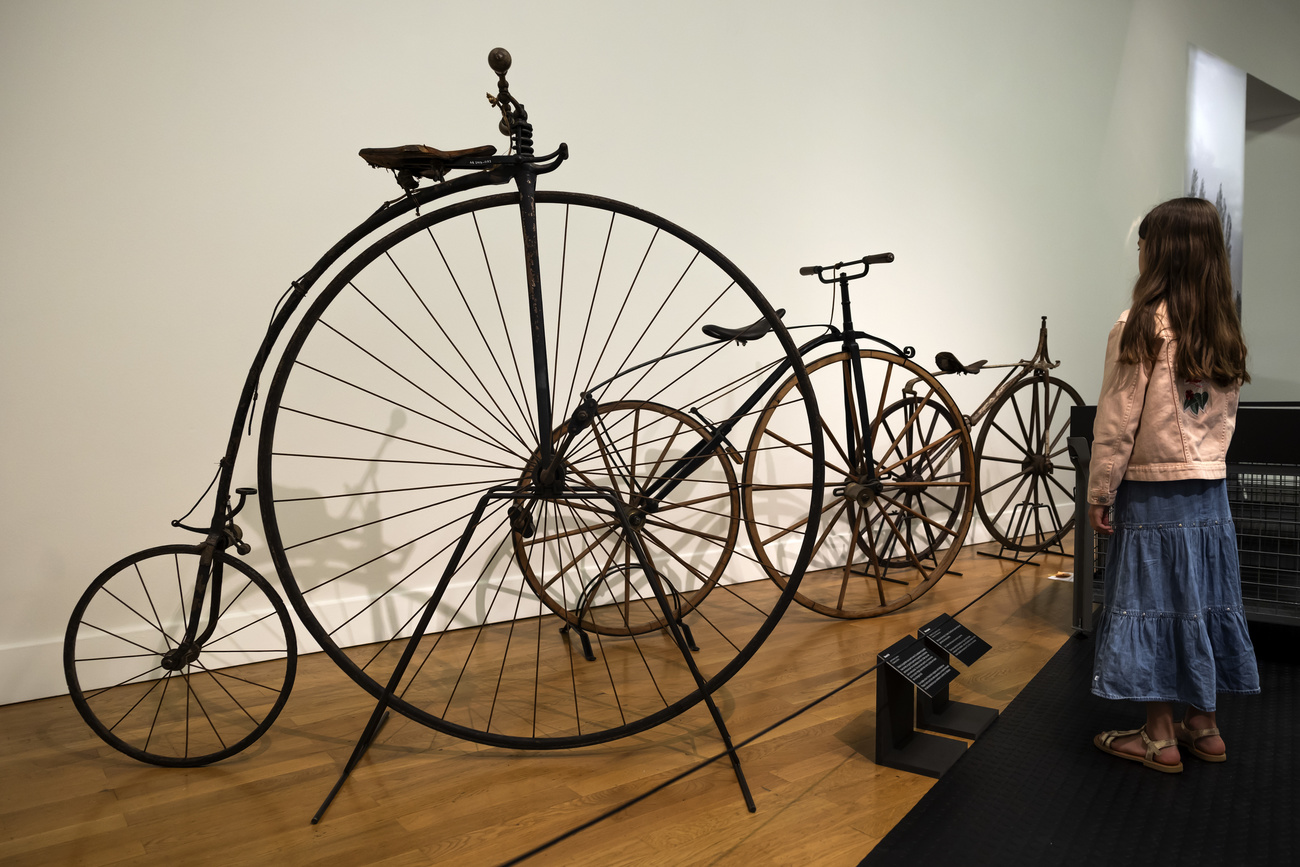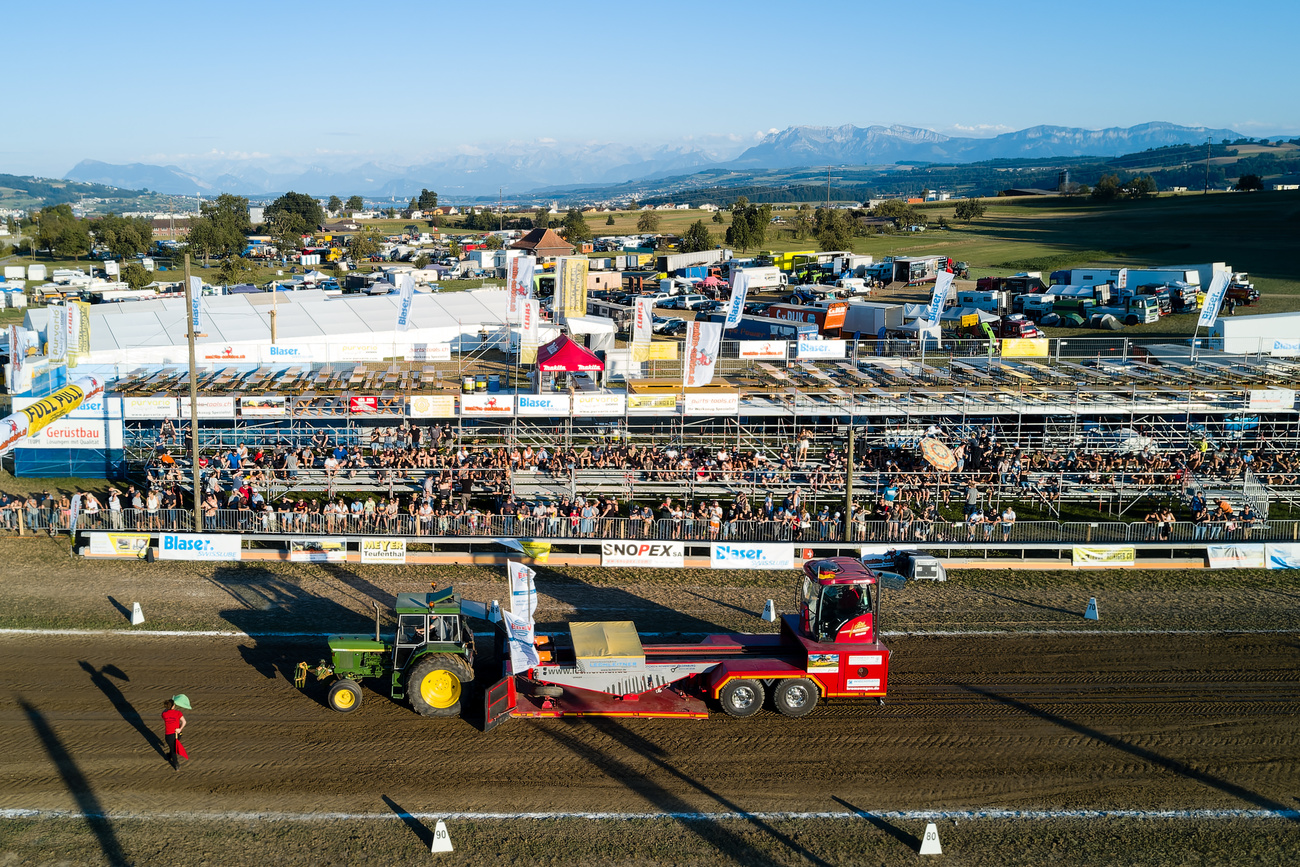

Switzerland Today
Dear Swiss Abroad,
How often do you have something to declare when you come to Switzerland? Swiss customs officers recently found dozens of bottles of what appeared to be water, milk, shampoo and schnapps inside the car of an Italian man crossing into eastern Switzerland. It turned out the bottles were filled with 135 litres of pure alcohol. What happened next?

In the news: Travel fever, prison suicides, the expanding guest list for next weekend’s Swiss peace conference for Ukraine, and the head of SWISS looks back at his time at the top.
The Swiss are drawn to travelling abroad, with the vast majority of Switzerland’s population planning at least one holiday this year despite rising costs and inflation. More than 90% of adults planned to travel at least once in 2024, and over half at least three times, according to a survey.
While Switzerland had a below-average number of inmates relative to its population in 2022, the suicide rate in prison was higher: 20.2 out of every 10,000 inmates in Swiss prisons took their own lives in 2022. Across Europe this figure was 5.3.
French President Emmanuel Macron will attend the Ukraine peace summit on June 15 and 16 in Switzerland. US Vice President Kamala Harris said on Monday that she would attend the event, dashing Ukrainian President Volodymyr Zelensky’s hopes that US President Joe Biden would attend.
As his tenure comes to an end, Swiss International Air Lines (SWISS) CEO Dieter Vranckx has admitted that some mistakes were made during the Covid pandemic. In some areas, such as renewal of the aircraft fleet, SWISS stuck to its planned investments, he said. In other areas, he said expenditure was cut back too much, for example on new seats. But in hindsight, “it’s always easy to take a critical look at decisions”.
An Italian motorhome driver has been caught trying to smuggle 135 litres of pure alcohol disguised in various bottles into Switzerland. Customs officers found dozens of bottles of what appeared to be water, milk, shampoo and schnapps inside the car. However, the bottles actually contained ethanol: pure alcohol. The driver was fined a four-figure sum, which he paid on the spot. As he didn’t want to pay duty on the alcohol, he was sent back to Italy with the goods.

Bicycle fans will love an exhibition opening today at the Musée Rath in Geneva. “Vélo, équilibres en movement” (bicycles, balancing on the move) plunges visitors into the history of the invention that came to be known, in French, as the “little queen”.
A total of 130 bicycles are on show, ranging from the penny-farthings (pictured) with their characteristic huge front wheel to the timeless military bikes of the Swiss army, whose sturdiness and appearance have stood the test of time. Most of the bicycles come from private collections.
The curators said they had to negotiate hard to convince some enthusiasts to lend their jealously guarded treasures. Some refused for fear of never seeing their prize possessions again. Others played along, like the bicycle museum in ChippisExternal link, canton Valais, which provided around 50 items.
As more and more people could afford a bicycle, the question of its place in urban space quickly arose. In the 1850s, bicycles were banned from Swiss roads, which were reserved for carriages and stagecoaches. They were also banned outright in several towns in its early days, because they were deemed too dangerous for pedestrians.
Visitors will also learn how the bicycle has contributed to major technological advances. The tyre, the chain and ball bearings have all been major inventions that have made the bicycle more efficient and more comfortable. These improvements have benefited other industries, such as the car industry.
“Vélo, équilibres en movementExternal link” runs at the Musée Rath in Geneva until October 13.

From bicycles to tractors. In a quirky bit of local politics, Bern’s cantonal parliament yesterday ruled that tractor-pulling events can continue to take place in canton Bern.
A motion from the Social Democratic Party to ban the events was rejected by 109 votes to 22, with 20 abstentions. The Social Democrats had argued that tractor-pulling damaged the ground.
Tractor pulling (pictured, in canton Lucerne) originates in the US and involves using a tractor to pull a load weighing up to 25 tonnes as far as possible. Cantonal politician Reto Zbinden said three such events take place in canton Bern a year.
Sarah Gabi Schönenberger, who tabled the motion, pointed to the impact on the soil and its permeability. Such events would contradict efforts to promote biodiversity, she argued. In her motion, she took the view that these competitions were merely for entertainment purposes.
These arguments failed to convince the cantonal parliament. For example, it was pointed out that other leisure events such as open-air concerts, gymnastics or wrestling festivals also have a considerable impact on the soil and the environment. Also, every tractor-pulling competition in the canton requires authorisation.

In compliance with the JTI standards
More: SWI swissinfo.ch certified by the Journalism Trust Initiative



























